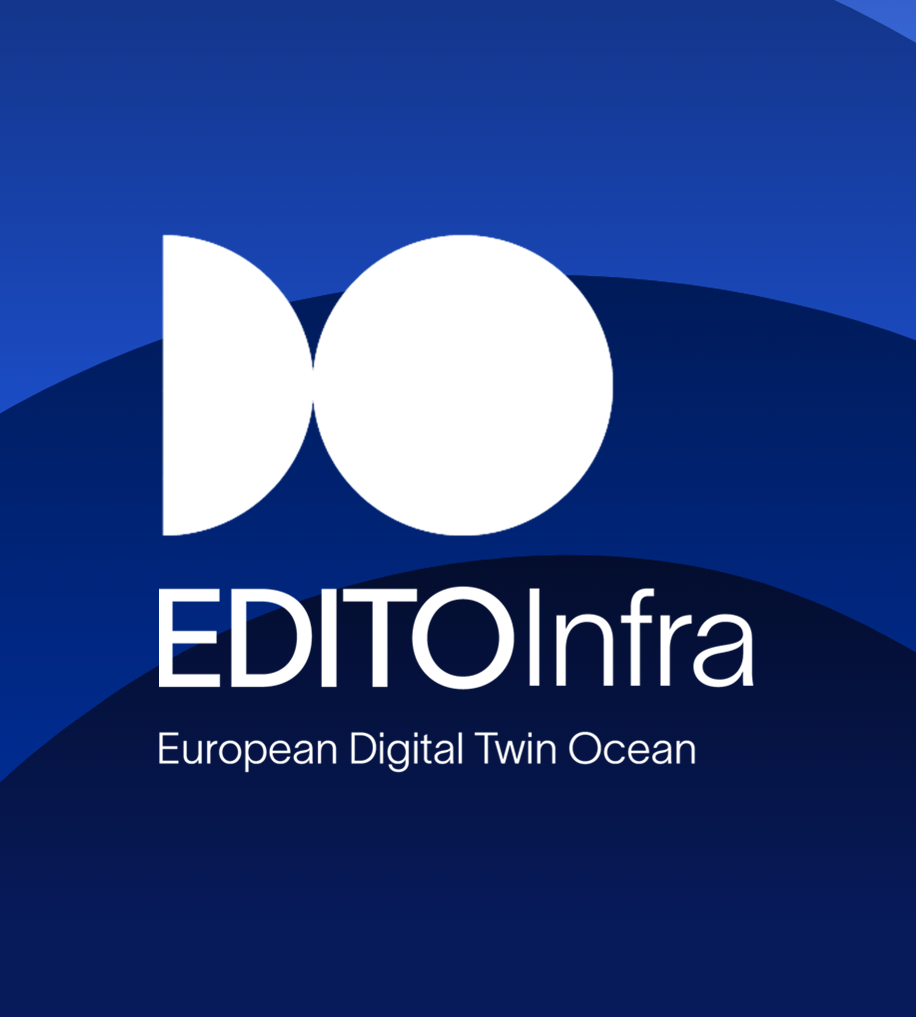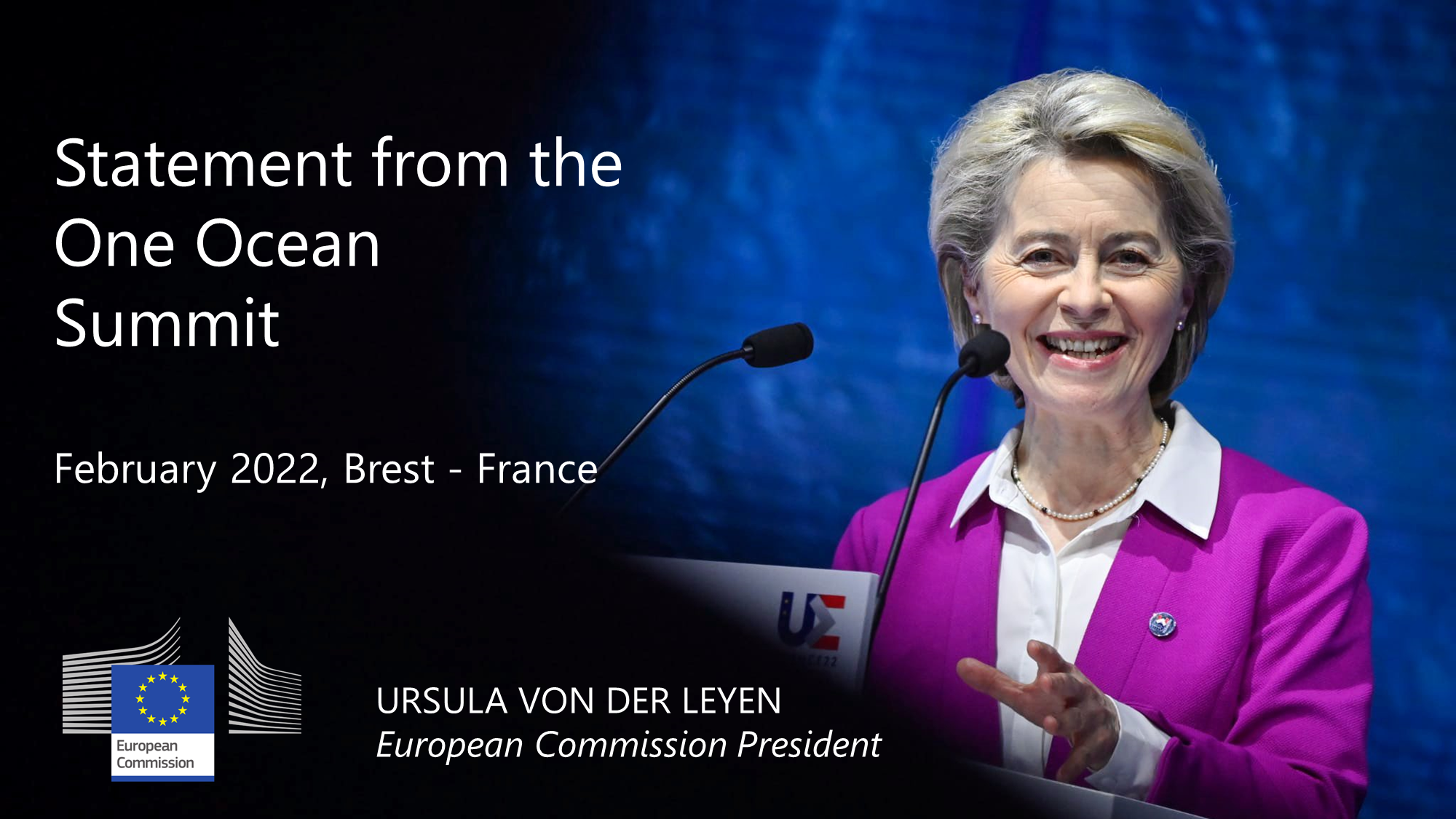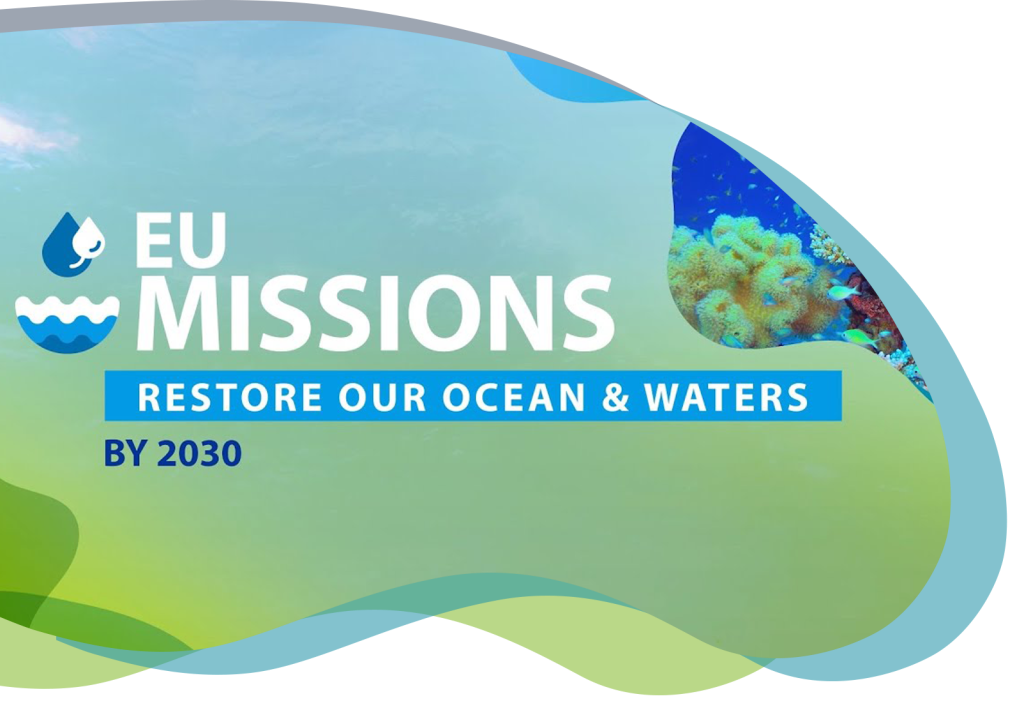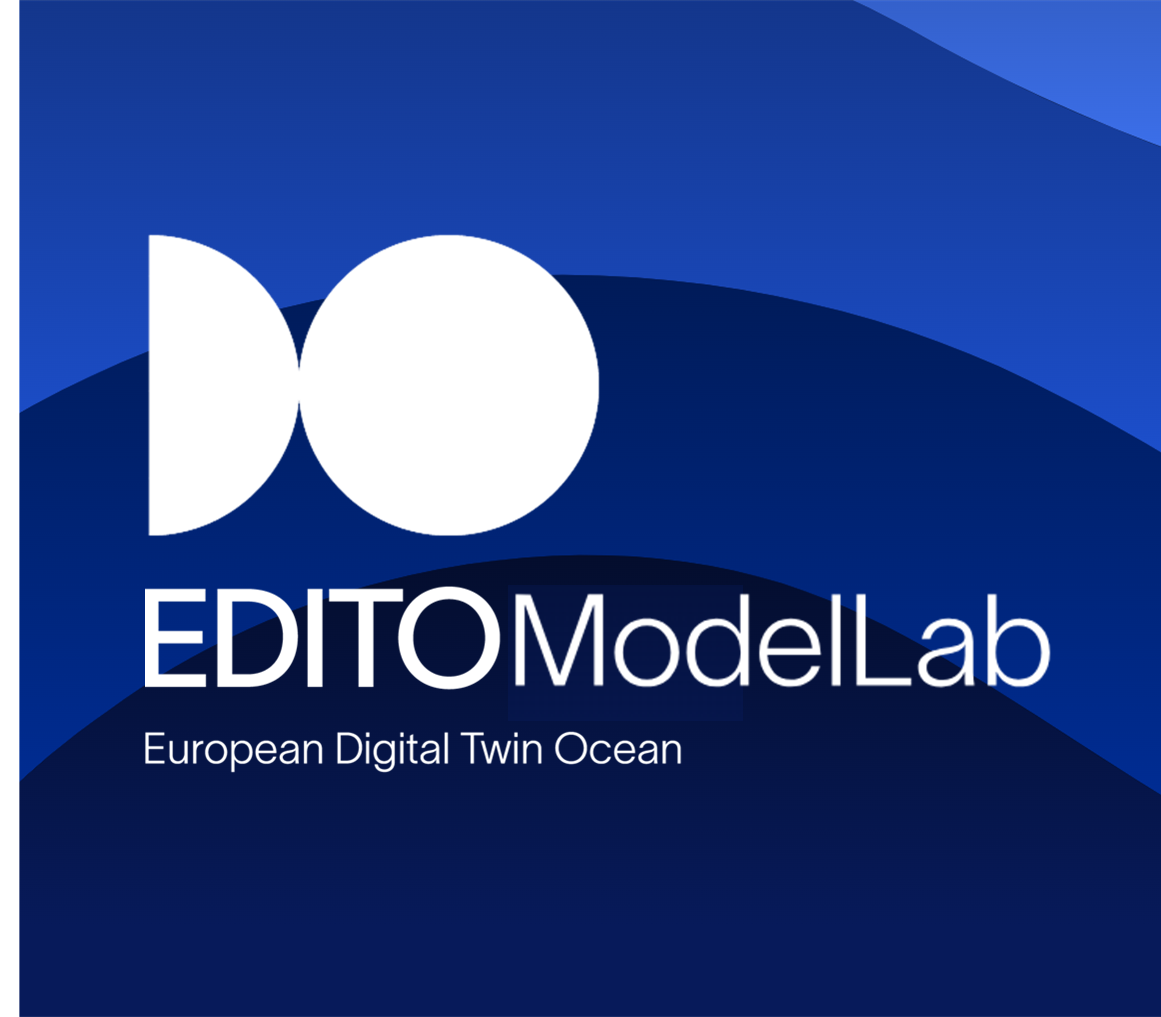
A 2-year project that is building the public infrastructure backbone for EDITO by integrating key data service components (among which Copernicus Marine Service and EMODnet), and by sharing cloud processing capabilities and software into a single digital framework.




